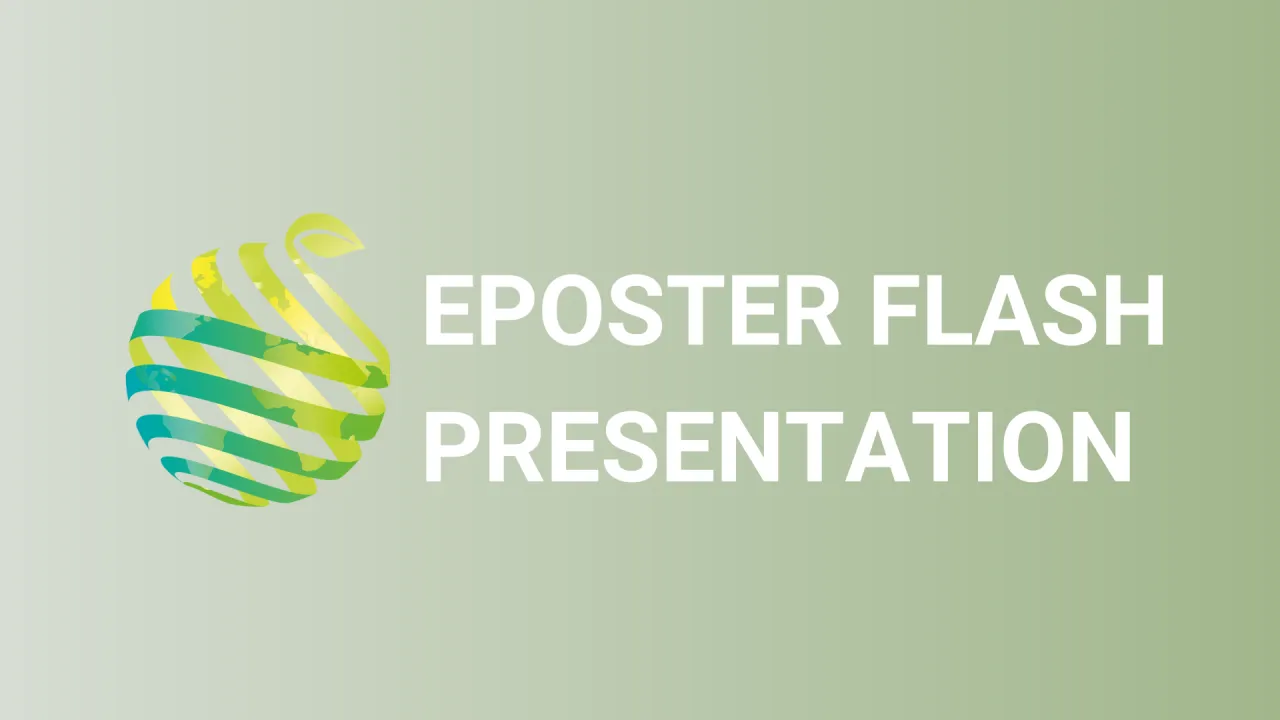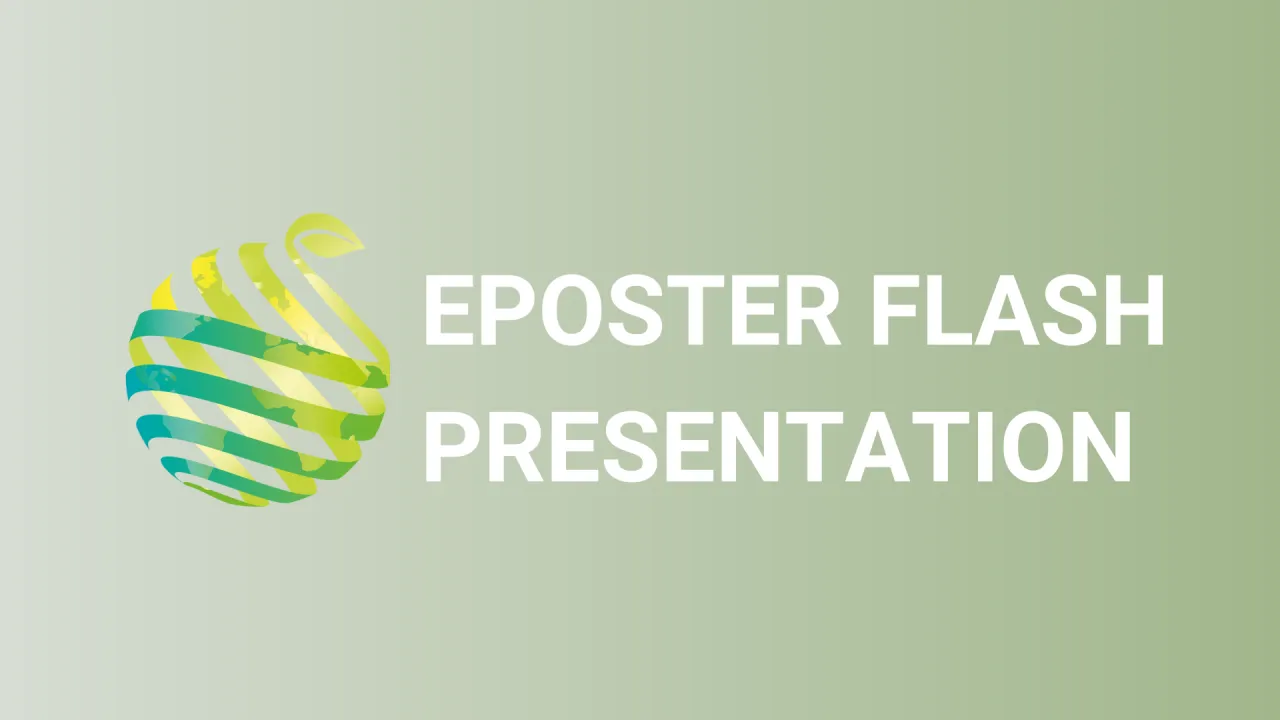

S06 - Session P5 - Quality evaluation of greenhouse grown lettuce and pepper with reclaimed agro-wastewater by photocatalytic oxidation under natural sunlight
Information
Authors: Carmen María Martínez Escudero *, Marina Aliste, Isabel Garrido, Virginia Hernández, Pilar Flores, Pilar Hellín, Simón Navarro, Jose Fenoll
In Mediterranean countries, reusability of reclaimed waters is an essential practice for crop irrigation due to water scarcity. The occurrence of pesticides in agro-wastewater may represent a risk for human health and environment owing to their release in soil and translocation to plants. The novelty of this work relies on the reuse of reclaimed agro-wastewater polluted with thirteen pesticides for lettuce and pepper irrigation under agricultural field conditions. Removing of 13 pesticide residues, commonly used in horticultural crops, in agro-wastewater was carried out using natural sunlight and TiO2/Na2S2O8 in a pilot facility located in Murcia (SE of Spain). The system TiO2/Na2S2O8 was selected due to its greater effectiveness after achieving almost complete disappearance when 400 kJ m-2 of UVA exposure were recovered. Field experiments were conducted using different irrigation supplies: control water (CW) and reclaimed wastewater (RWW), initially polluted with phytosanitary commercial products containing the studied pesticides and after a photocatalytic processing with TiO2/Na2S2O8 at pilot plant under sunlight. Photocatalytic treatments removed most of the pesticides during the photoperiod. None of the studied pesticides were found at levels above the LOQ in lettuce, pepper, soil and leaching water samples after irrigation with RWW. The impact of using RWW on the quality of lettuce and pepper grown was also assessed showing no significant differences in total yield and quality parameters such as weight, size, color, water content and mineral composition. Only pepper samples showed barely any significant difference (p ≤ 0.05) in Cl- concentrations. The higher Cl- values obtained when irrigation with RWW was applied could be attributed to the presence of chlorine atoms in the structure of the insecticides, their TPs and other mineralization intermediates. No significant differences were also observed in pulp thickness, firmness, pH, acidity and total soluble solids measured in pepper samples.